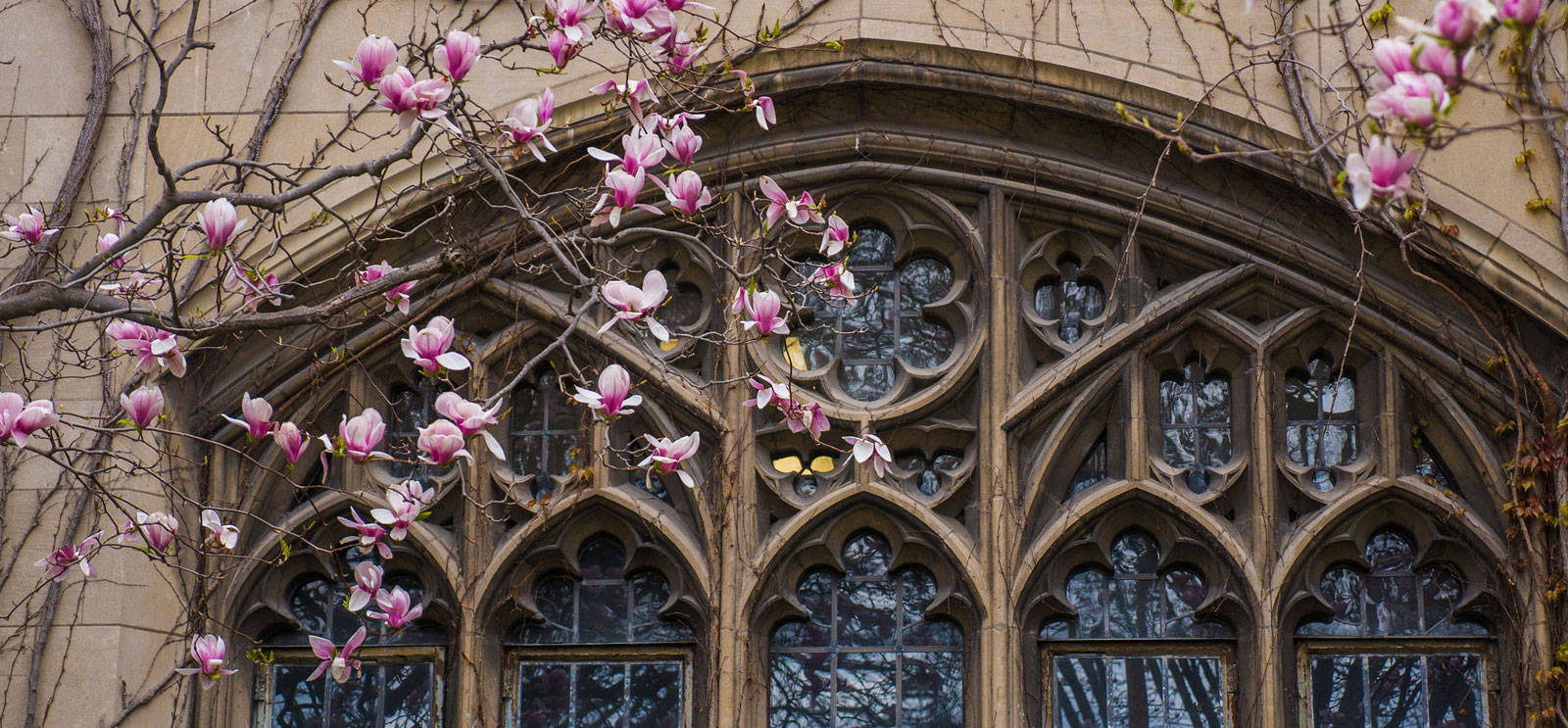Recent faculty and alumni obituaries.
Faculty
Donald N. Levine, AB’50, AM’54, PhD’57 (Sociology), the Peter B. Ritzma Professor Emeritus of Sociology, died April 4 in Chicago. He was 83. As an undergraduate at the University, Levine was influenced by philosophy professor Richard McKeon, whose work shaped Levine’s open-minded approach to sociology and social theory. Levine spent several years doing fieldwork in Ethiopia and taught at Ethiopia’s University College of Addis Ababa before joining the Chicago faculty in 1962. Levine remained interested in Ethiopia throughout his life and served as an
advisor on Ethiopia to the US Senate, the Department of State, and other federal agencies. From 1982 to 1987, Levine served as dean of the College, where he worked to expand the academic advising program, strengthened the residential house system, and used his interest in aikido to cocreate the College’s annual wintertime festival Kuviasungnerk/Kangeiko. Over his career Levine published several works considered landmarks of sociology, including
Visions of the Sociological Tradition (University of Chicago Press, 1995.) Levine continued to research while battling illness, working on a book on the role of dialogue in social theory.
Norman H. Nie, professor emeritus of Political Science, died April 2 in Idaho. He was 72. While at UChicago (1968–98), he twice chaired the Department of Political Science and published award-winning books in his field, including
Participation in America: Political Democracy and Social Equality (University of Chicago Press, 1972.) Nie also helped invent a computer software package called the Statistical Package for the Social Sciences, which became widely used among social scientists and researchers and was purchased by IBM in 2009. In 1998 Nie moved to
Stanford University, where he served as a research professor in social sciences and business. He won the 2006 Lifetime Achievement Award from the
American Association for Public Opinion Research for his technological innovations in survey research and his substantive contributions to the understanding of social and political behavior.
Alumni
Walter Berns, AM’51, PhD’53 (Political Science), who influenced the neoconservative movement, died January 10 in Bethesda, MD. He was 95. At the UChicago, he studied with classical conservative political philosopher Leo Strauss. Berns taught at Louisiana State University and Yale before going to Cornell, where he chaired the government department. He departed in 1969 after disagreeing with what he saw as Cornell’s capitulation to student demonstrators who had seized the student union building. He taught at the University of Toronto until 1979, when he moved to Washington, DC, to teach at Georgetown University and conduct research at the American Enterprise Institute. In 2005 President George W. Bush awarded Berns the National Humanities Medal.
William Gerberding, AM’56, PhD’59 (Political Science), died December 27 in Seattle. He was 85. Gerberding served as a professor at Colgate University and at UCLA before becoming vice president of academic affairs at Occidental College in 1972. He became vice chancellor at UCLA in 1975, and in 1978 was named chancellor at the University of Illinois. A year later Gerberding became the 27th president of the University of Washington, where he is credited with boosting the university to national prominence and significantly raising its private financial support before he retired in 1995.
Alberto Roque Musalem, AM’65, PhD’71 (Economics),
died January 5 in Tucuman, Argentina. He was 74. On staff at the Harvard Institute of International Development, he was an adviser to the economic planning department of the Colombian government on macroeconomics, trade, and financial sector policies. A visiting professor of economics at Purdue University, Universidad del Valle in Cali in Colombia, and Universidade Federal de Viçosa and Universidade Federal da Bahia in Brazil, Musalem worked at the World Bank for many years as a lead economist, advising countries in Latin America, Asia, Eastern Europe, and the Middle East. He also directed the research department of the Center for Financial Stability in Buenos Aires.
John Makin, AM’69, PhD’70 (Economics), a member of the Social Sciences Visiting Committee, died March 30 in New York City. He was 71. At UChicago Makin studied under Milton Friedman, AM’33, and then pursued careers as an academic, a think tank scholar, and a hedge fund macroeconomist. He taught economics at institutions including the University of Washington, where he was director of the Institute for Economic Research. In 1984 he joined the American Enterprise Institute, where he wrote the monthly
Economic Outlook, which included research and his views on economic topics. In the 1980s and 1990s he served on the panel of economic advisers in the Congressional Budget Office, worked in the office of tax analysis at the US Treasury Department, and was a consultant at the International Monetary Fund. Since 1990 Makin had served as the chief economist and principal of the hedge fund Caxton Associates. He also wrote working papers for the National Bureau of Economic Standards, academic and newspaper articles, books, and a macroeconomics textbook.
Fernando Coronil, AM’70, PhD’87 (Anthropology), died August 16, 2011, in New York City. He was 67. Born and raised in Caracas, Venezuela, he received his undergraduate degree at Stanford University, where he met his wife and coauthor Julie Skurski, AM’70, PhD’93 (Anthropology). At UChicago they both worked with historians Friedrich Katz and John Coatsworth. Coronil taught at the University of Michigan, where he and Skurski helped build a doctoral program in anthropology and history. Among other publications, Coronil was the author of
The Magical State: Nature, Money, and Modernity in Venezuela (University Of Chicago Press, 1997), which examined key 20th-century transformations in the nation’s political system, culture, and economy. At the time of his death, he was distinguished professor of anthropology and Latin American studies at the Graduate Center of the City University of New York.

